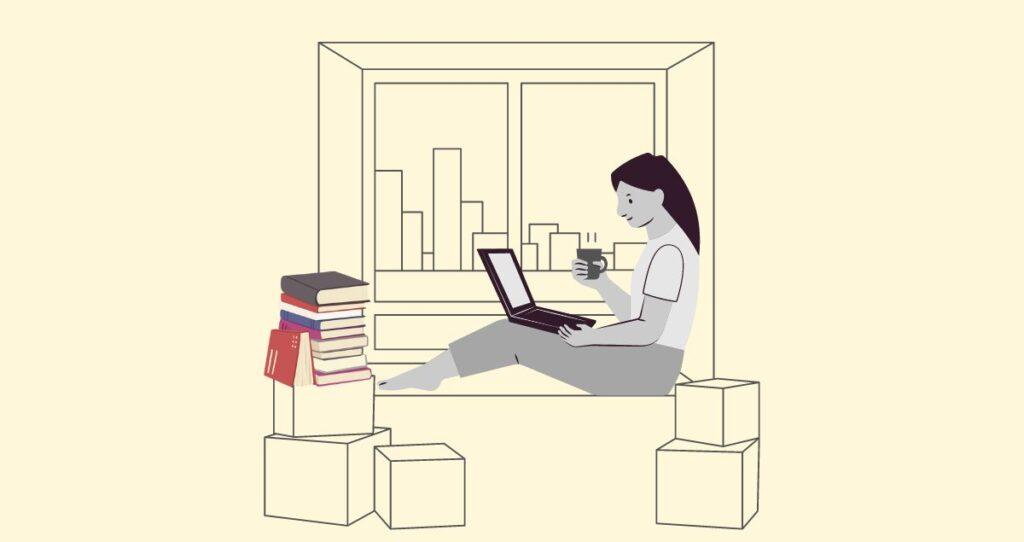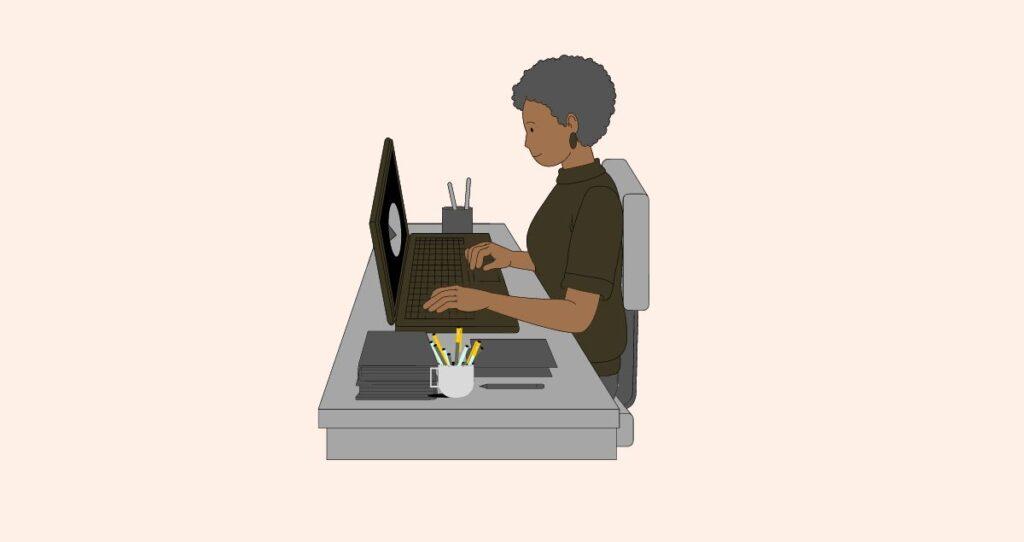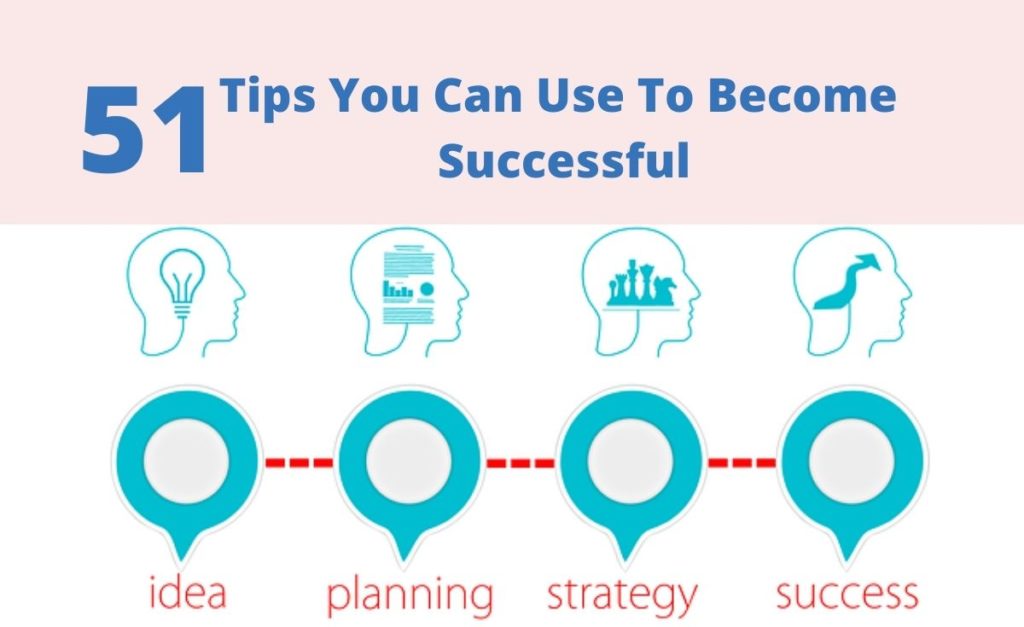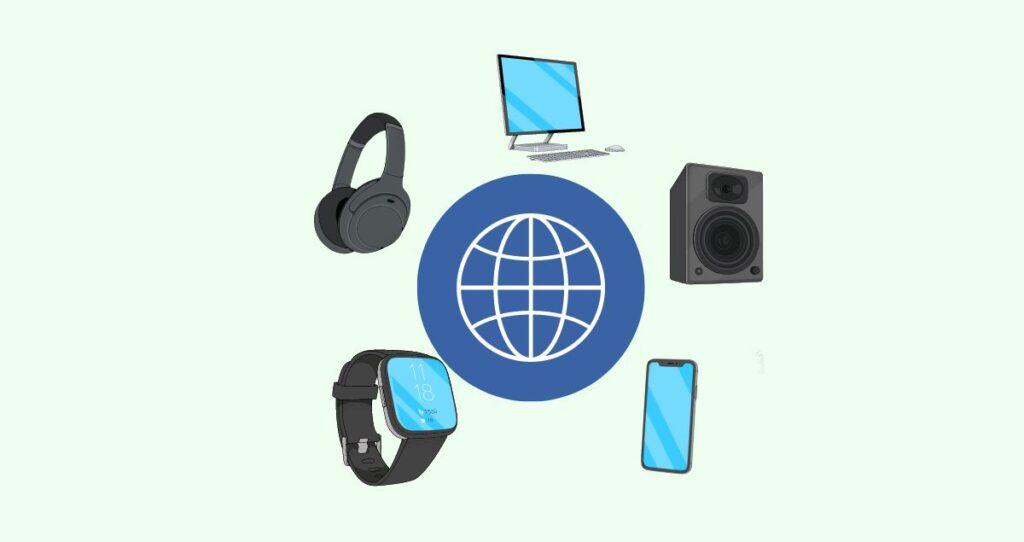Improving your relationship with money is about understanding your habits, setting clear goals, and reshaping your thoughts about money. Every person is different, so the strategies to improve your relationship with money might also be different. This article will walk you through the best tips to improve your relationship with money.
Here are some tips to build healthy money habits and improve your relationship with money. I currently use most of these tips on my journey to financial independence, and I believe you will also find value in them.
So, let’s get started.
1. Understand your money mindset.
To build a healthy relationship with money, you first need to start with your current money mindset. What is the first thing that comes to mind when someone mentions money? Do you have self-limiting beliefs about money? Are you one of the people who think that money is evil? Have you struggled with money for so long that you feel like you will never improve your situation? Have you given up on building a good relationship with money?
Reflect on how you view money and your current emotions toward money, such as fears, anxieties, or limiting beliefs. Understanding these emotions is the first step to changing your financial situation and building a healthy relationship with money.
Before you get far in this post, check out this list of 243 Essential personal finance terms you must know to master personal finance.
2. See money as your ally.
Whether you agree or not, money plays a vital role in your life. Even if you don’t need much money to survive, you still need money to pay for basic needs such as rent, food, insurance, or your children’s education. In other words, money allows you to achieve your goals and dreams.
This is why viewing money as an ally you go to when you have goals to achieve is a great way to improve your relationship with money. Money is like that one friend who will always lend you a hand when you need it the most. This simple change in how you view money can make a big difference in your financial decisions, feelings about money, and daily financial goals.
You might also like these practical tips to be good with money.
3. Learn from your past money experience.
Before heading into a bright financial future, you must reflect on your past money experience. This is not to go back and cry about the losses you make or the foolish money decisions you made. Instead, it is to reflect on those money decisions and their consequences. What good decisions have you made, and what bad money decisions did you make?
How do you feel about your experience with money? What can you learn from it? What would you do differently if you could go back in the past? Use this exercise to evaluate your past money habits and decisions. Keep the good money habits and eliminate the bad ones you had or still have. People call this learning from your mistakes and experiences.
You might also like the 19 Best debt management strategies to lower your debt.
4. Do not treat money as a resource to fulfill your desire
One of the biggest mistakes many people make is to treat money as a tool to fulfil their desires. So, they spend and spend and borrow beyond their means. Only to realize that there is no end to personal desires.
This is why treating money as a resource to fulfill your desires is not a good way to improve your relationship with money. What you can do instead is treat money as a tool to help you achieve what you need in your life. For example, money can help you achieve your college education goals. For this reason, setting aside money for college education would significantly improve your relationship with money. Not because of the savings but because of the dreams the money will help you achieve, which has more significant meaning in your life.
5. Understand money and what makes it multiply.
Did you know that money is like an employee and can work for you without asking for pay, a day off, or a vacation? As I mentioned earlier, money is an ally and a tool to help you achieve what you need and want. But, if you use it carefully, you can achieve much more. Money can multiply through compounding interest. Learning how money works and what makes it multiply is a great way to improve your relationship with money.
For example, if you invest money, it will grow and multiply. You will earn a return on investment as a passive income. Having money increasing in value without working for it gives you a positive vibe towards it. You work less because the money is doing the heavy lifting. That alone is enough to boost your relationship with money and feel good about it.
You might also like the 24 best financial tips for millennials to build wealth.
6. Focus on how money can help you achieve your dreams and improve your life
When I was poor, I always wanted to make a lot of money so I would not go hungry again. I never thought about buying expensive stuff or living in a luxury home. However, going hungry due to not having money was one of my greatest fears.
So, I always focused on making more money and having a positive mindset toward it because I knew that being good with money was the only way not to be poor. That is why being financially independent has always been something I wanted to achieve with my money. Having this goal and knowing how my life will improve once I have completed it is enough to keep my mind in harmony with money. The more money I make, the closer I get to my goals. Hence, it is easier to improve my relationship with money.
What do you want to achieve with money? How do you want money to change your life? Do you have money goals that have not been fulfilled yet, such as paying for college, buying your dream house or car, or simply building a home for your mom? Focusing on what money can do for you is always the best way to improve your relationship with money.
7. Set simple money goals.
If you did not know about it, a simple strategy to improve your relationship with money is to set up money goals. Money goals allow you to efficiently use money, fulfill your dreams, and avoid money mistakes most people make. These goals don’t have to be complicated. For example, a simple money goal you can make is to use a shopping list when you go to the store to avoid impulse shopping or going out of your budget.
Another money goal you can set up is to save 10% of your income into an income-generating account such as a high-yield savings account or a CD or invest in equities for higher returns. Other money goals you can establish to improve your relationship with money include, but are not limited to, saving for a house down payment, setting up a 529 college savings plan, saving for retirement, or saving for your upcoming travel.
Another money goal people ignore that can improve their relationship with money is paying off their debts and avoiding carrying credit card balances. While you might not directly see the benefits of making better financial choices, you automatically become responsible for your future every time you make these decisions. That is, you use money instead of getting used by it.
8. Build healthy money habits.
Building healthy money habits is a great way to improve your relationship with money. Simple money habits such as creating a budget that works for you, automating savings, paying bills on time, and aiming to live below your means are effective strategies. Money does not have emotions, so it will always agree with what you want to do with it.
That is why establishing good money habits prevents you from ruining your life and damaging your credit. Good money habits don’t cost money. However, bad habits will cost you money and your future. To be good with money and improve your relationship, learn to build healthy habits and avoid bad habits such as gambling and desiring money than you can afford.
9. Avoid risky money mistakes and bad habits.
You can’t improve your relationship with money when you only think about gambling, buying expensive gadgets, owning the most expensive car in the neighborhood, etc. Living below your means and avoiding bad money habits are great ways to build a healthy relationship with money.
If you are struggling with money because of risky mistakes you make, such as gambling or investing more than you can afford to lose, stop it. Understand your goals, desires, dreams, and risk tolerance. If you cannot control your urge to make bad money decisions, at least diversify your investments. Putting money into accounts where the money is locked away, such as a CD account, is always a great way not to lose all your savings.
10. Know who your true friends are
One of the biggest reasons many people have bad relationships with money is because they surround themselves with people with bad money habits. If you surround yourself with people who gamble a lot, you will start gambling. If you hang out with people who desire to look rich, you will start copying the same habits.
This is why knowing your true friends and surrounding yourself with people with similar money goals is an effective way to improve your relationship with money. Know your financial goals, and only surround yourself with people who encourage you to achieve those goals. If someone is not helping you grow, they are is pulling you down.
11. Invest in financial education.
While you can improve your habits by simply talking to people, investing in financial education is the best way to have a healthy relationship with money. The more you learn about money, the more you make better financial decisions, improving how you see and feel about money. Most people who hate money or those with bad money habits lack financial education.
That is why every effort you invest in learning about money automatically boosts your confidence about money. Hence, improving your relationship with money. Start by learning about personal finance through reading books, following credible resources, or taking online courses. The more you know about money, the more empowered you’ll feel.









